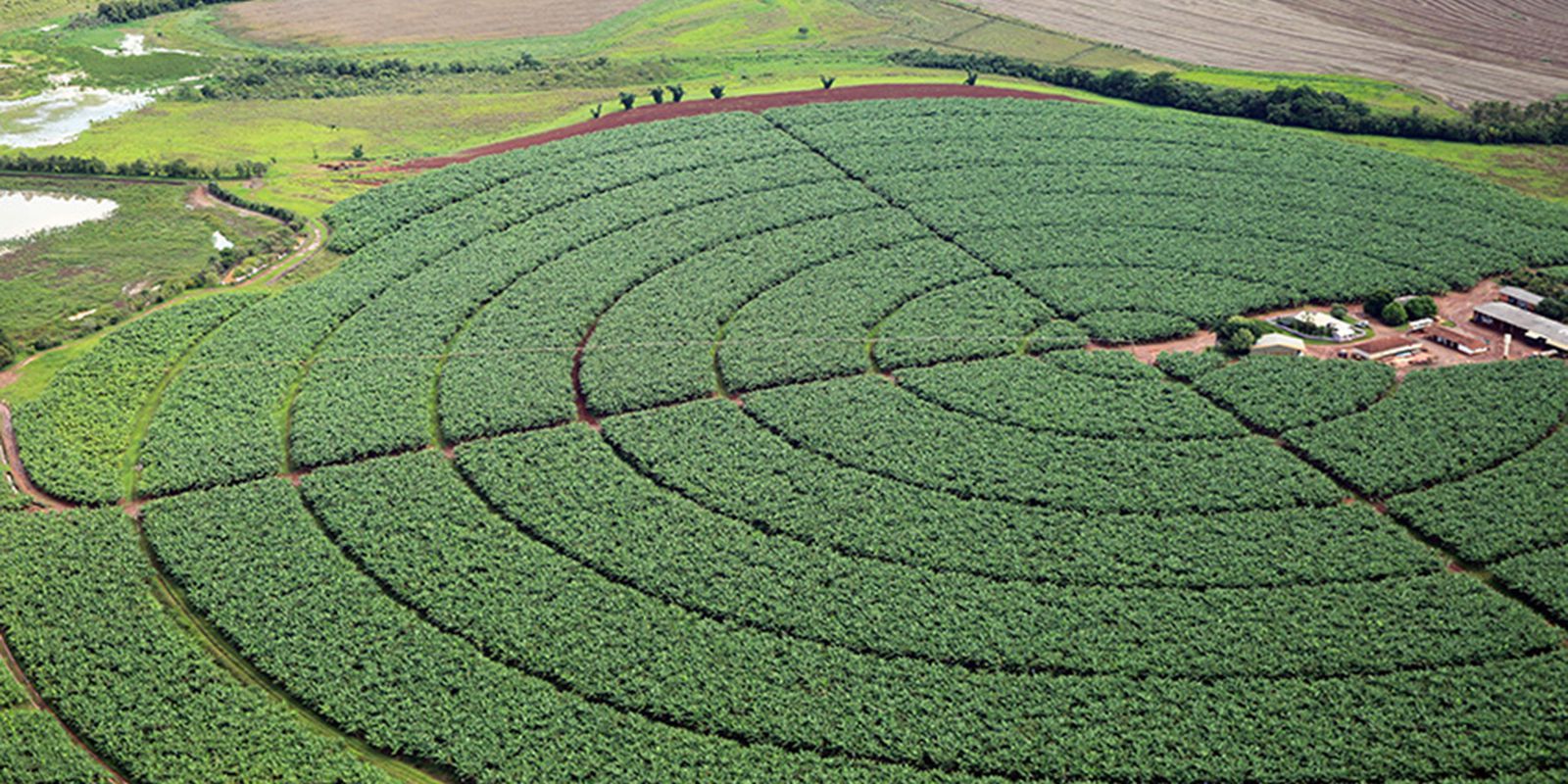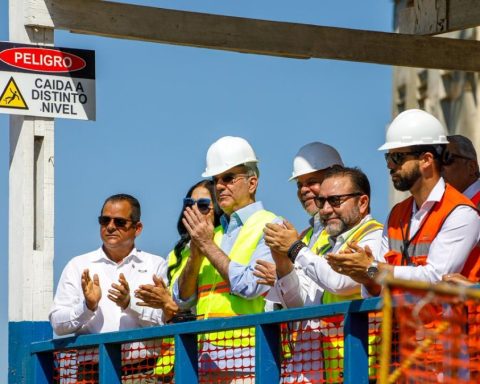Jordan’s potash imports into Brazil may increase, in order to guarantee the supply of this important fertilizer for Brazilian agriculture. This is the expectation expressed today (7) by the minister of Agriculture, Livestock and Supply, Marcos Montes, during his visit to the Arab Potash Company (APC) factory in that country.
During the visit of the ministry’s delegation to the factory, which produces more than 2.4 million tons of potassium per year, Montes met with the company’s president, Maen Nsour, from whom he heard expressions of interest in expanding fertilizer sales to the Brazil.
“This visit is indicative that we will have a long-term strategic commercial relationship,” said Nsour, praising the potential of the Brazilian market for his product. “Brazil is important because it works for the world’s food security,” said the businessman.
According to the ministry, Jordan is the world’s 7th largest producer of potash, with APC being the world’s eighth largest producer of potash by volume. “APC’s operations are located 110 km south of Amman, where the Company produces four types of potash: standard, fine, granular and industrial potash,” the folder said.
During the visit to the factory, Montes said he was optimistic about the ongoing negotiations. “We are making arrangements for it to continue supplying potash to Brazil. We are currently receiving a reasonable amount and next year we will receive approximately 500 thousand tons. Who knows, in two or three years we will receive more than 1 million tons from this company”, said the Brazilian minister.
“We also received the news that the company will open an office in Brazil, for the negotiations to be closer”, he added.
According to Mapa, Brazil imports around 85% of all fertilizer used in national agricultural production. In the case of potassium, the imported percentage is around 95%.
Brazil is the fourth largest consumer of the fertilizer and, in 2021, imports of this product were above 41 million tons, which, according to the ministry, is equivalent to more than US$ 14 billion.
In the coming days, the delegation from Mapa will visit Egypt and Morocco, to also deal with the supply of fertilizers and the expansion of investments in Brazil.
















